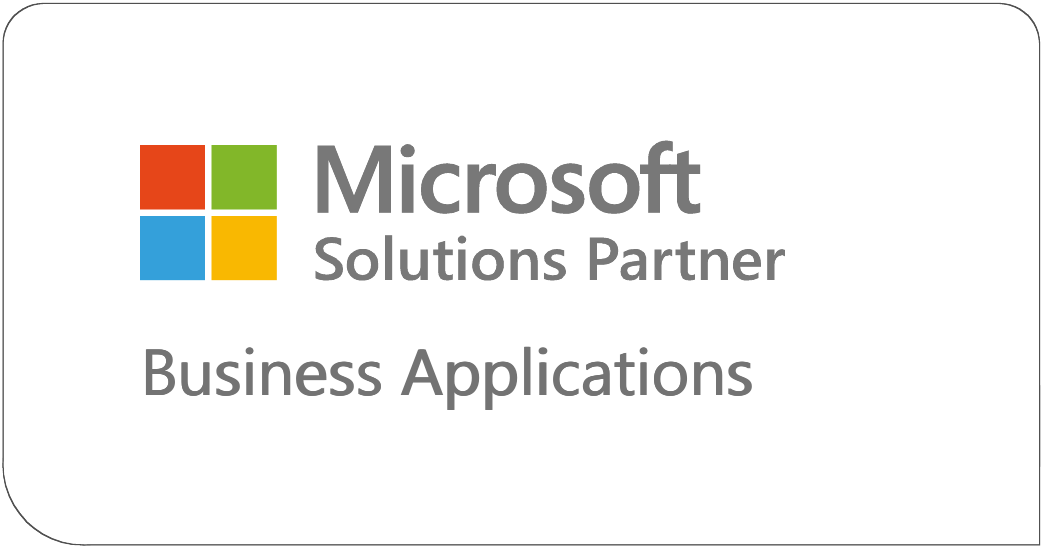| Mariyah Kulsoom
Microsoft Power Platform is a low-code, platform-as-a-service (PaaS) offering from Microsoft that provides a suite of tools for creating custom business applications, automating workflows, and analyzing data. It is designed to empower organizations to quickly respond to changing business needs and drive digital transformation.
Power Platform’s Four Components
Power Apps: Power Apps is a low-code platform that enables organizations to build custom business applications, such as forms, surveys, and mobile apps, without needing extensive coding knowledge. Power Apps uses a visual, drag-and-drop interface, making it easy to create applications that meet specific business requirements.
Power Automate: Power Automate is a workflow automation tool that allows organizations to automate repetitive manual tasks and processes, such as data entry, approvals, and notifications. Power Automate integrates with a wide range of other Microsoft and third-party applications, making it easy to automate workflows across multiple systems.
Power BI: Power BI is a data visualization tool that provides interactive dashboards and reports that help organizations analyze and interpret large amounts of data. Power BI integrates seamlessly with Power Platform, enabling organizations to make data-driven decisions and gain insights into their business.
Power Virtual Agents: Power Virtual Agents is a conversational AI platform that allows organizations to build and deploy chatbots to automate customer interactions, support inquiries, and provide information. Power Virtual Agents uses natural language processing (NLP) and machine learning algorithms to understand and respond to user requests.
Here are some key ways Power Platform can help businesses:
- Custom Application Development: Power Platform provides a visual interface for building custom applications that are tailored to specific business requirements. With its drag-and-drop interface, businesses can create applications without needing extensive coding knowledge.
- Process Automation: Power Platform makes it easy to automate manual business processes, reducing errors and saving time. For example, businesses can use Power Automate (formerly known as Microsoft Flow) to automate tasks such as data entry, approvals, and notifications.
- Data Analytics: Power Platform integrates with Power BI, a data visualization tool that allows businesses to analyze and interpret large amounts of data. Power BI provides interactive dashboards and reports that help organizations make data-driven decisions.
- Collaboration and Productivity: Power Platform enables teams to work together more efficiently, by providing tools for collaboration, communication, and task management. For example, businesses can use Power Apps to build custom forms and surveys, and Power Automate to automate workflows and approvals.
- Integration with Other Applications: Power Platform integrates with a wide range of other Microsoft and third-party applications, making it easy to share data and automate processes across multiple systems.
In conclusion, Microsoft Power Platform is a versatile platform that provides businesses with a range of tools to automate processes, analyze data, and build custom applications. It helps organizations to be more efficient, make data-driven decisions, and respond quickly to changing business needs.
Join us next time, as we continue our journey of learning canvas apps.Click here to learn more about Imperium's Power Apps Services. We hope this information was useful, and we look forward to sharing more insights into the Power Platform world.

